On Tuesday, Nov. 5, How On Earth brings you one short report and two features:
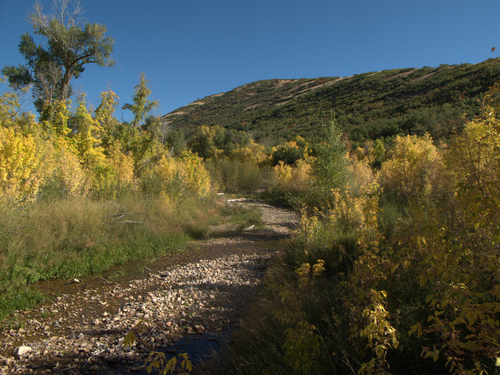 Feature 1 – Salt Lake City’s Drier Future (start time 4:25): Guests Laura Briefer and Tim Bardsley talk with How On Earth’s Jim Pullen about how science is helping water management planners in Salt Lake City prepare for an uncertain—and drier—future. Briefer is the water resource manager for Salt Lake City’s Department of Public Utilities and Bardsley is a hydrologist working with Salt Lake City via University of Colorado’s Western Water Assessment.
Feature 1 – Salt Lake City’s Drier Future (start time 4:25): Guests Laura Briefer and Tim Bardsley talk with How On Earth’s Jim Pullen about how science is helping water management planners in Salt Lake City prepare for an uncertain—and drier—future. Briefer is the water resource manager for Salt Lake City’s Department of Public Utilities and Bardsley is a hydrologist working with Salt Lake City via University of Colorado’s Western Water Assessment.
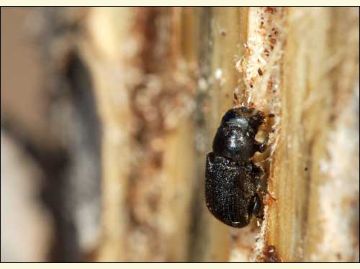 Feature 2 – Spruce Beetle Outbreak (start time 15:12): We continue with the climate theme, but bring it away from the cities and into the forests. Picture this: Up high, in the mountains of Colorado, a small beetle, about the size of a grain of rice, works its way into the bark of a spruce tree, where it burrows in to find some tasty morsels—the tree’s reproductive tissues. Here it will feast, and, under the right conditions, kill the tree. This is not the more familiar mountain pine beetle, but a spruce beetle. Same idea, different tree. And the scale of a current spruce beetle outbreak in our state is being referred to by CU researchers as “massive.” University of Colorado ecologist Sarah Hart tells How On Earth’s Beth Bartel more about Colorado’s spruce beetle outbreak and the drought that’s causing it.
Feature 2 – Spruce Beetle Outbreak (start time 15:12): We continue with the climate theme, but bring it away from the cities and into the forests. Picture this: Up high, in the mountains of Colorado, a small beetle, about the size of a grain of rice, works its way into the bark of a spruce tree, where it burrows in to find some tasty morsels—the tree’s reproductive tissues. Here it will feast, and, under the right conditions, kill the tree. This is not the more familiar mountain pine beetle, but a spruce beetle. Same idea, different tree. And the scale of a current spruce beetle outbreak in our state is being referred to by CU researchers as “massive.” University of Colorado ecologist Sarah Hart tells How On Earth’s Beth Bartel more about Colorado’s spruce beetle outbreak and the drought that’s causing it.
 Short Report – Animal Tagging (start time 1:07): Does tagging animals affect the very behavior scientists are trying to study? Susan Moran reports on how one study finds that even small tags and equipment can drag marine creatures down. For more information, check out NOAA’s Pacific Islands Fisheries Science Center page and photos or, better yet, videos of model (mock?) turtles and their wind tunnels.
Short Report – Animal Tagging (start time 1:07): Does tagging animals affect the very behavior scientists are trying to study? Susan Moran reports on how one study finds that even small tags and equipment can drag marine creatures down. For more information, check out NOAA’s Pacific Islands Fisheries Science Center page and photos or, better yet, videos of model (mock?) turtles and their wind tunnels.
Hosts: Beth Bartel, Jim Pullen
Producer: Beth Bartel
Engineer: Jim Pullen
Executive Producer: Beth Bartel
Additional Contributions: Susan Moran
Podcast: Play in new window | Download (Duration: 22:48 — 31.3MB)
Subscribe: RSS




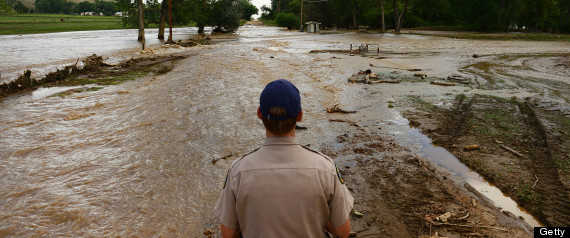
 Feature 1 – Flood Winners & Losers : Last month’s deluge cut canyons, real and felt, through many of our lives, but nature helps us remember that floods can build too. In this feature, How on Earth’s Jim Pullen speaks with Boulder’s wetland and riparian ecologist Marianne Giolitto about flood “winners and losers”. Marianne watches over 45,000 acres of the city’s open space and mountain parks wetlands and riparian habitats. Jim and the Boulder Open Space and Mountain Parks are working together on a
Feature 1 – Flood Winners & Losers : Last month’s deluge cut canyons, real and felt, through many of our lives, but nature helps us remember that floods can build too. In this feature, How on Earth’s Jim Pullen speaks with Boulder’s wetland and riparian ecologist Marianne Giolitto about flood “winners and losers”. Marianne watches over 45,000 acres of the city’s open space and mountain parks wetlands and riparian habitats. Jim and the Boulder Open Space and Mountain Parks are working together on a  Feature 2 – 100 Year Starship Symposium :
Feature 2 – 100 Year Starship Symposium : 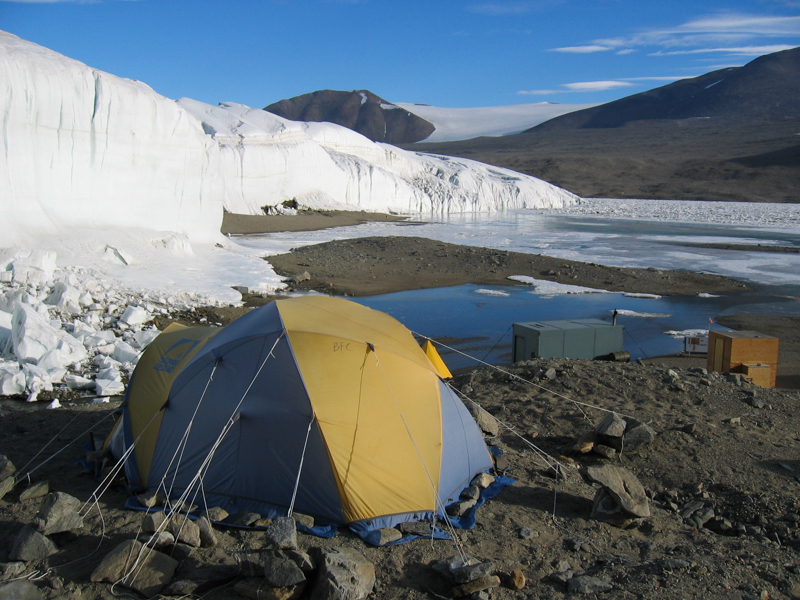

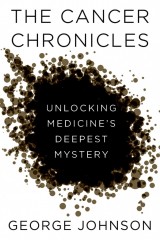 Feature 2 – The Cancer Chronicles (start time 12:22): In his new book,
Feature 2 – The Cancer Chronicles (start time 12:22): In his new book, 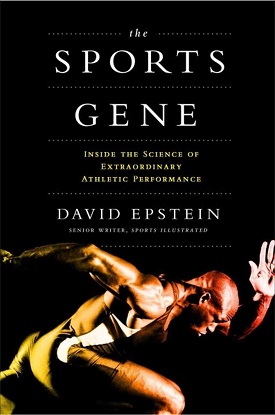
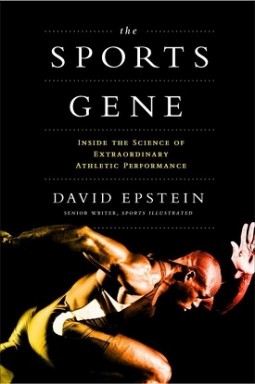

 Feature 1: (start time: 03:45) Our first guest is Boulder beekeeper Tom Theobald. He talks about the current state of the bee crisis and what, if anything, the EPA is doing to address concerns that systemic pesticides like Clothianidan are properly controlled.
Feature 1: (start time: 03:45) Our first guest is Boulder beekeeper Tom Theobald. He talks about the current state of the bee crisis and what, if anything, the EPA is doing to address concerns that systemic pesticides like Clothianidan are properly controlled.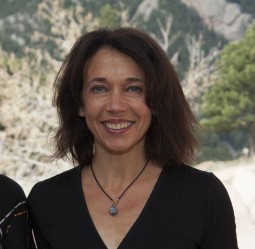


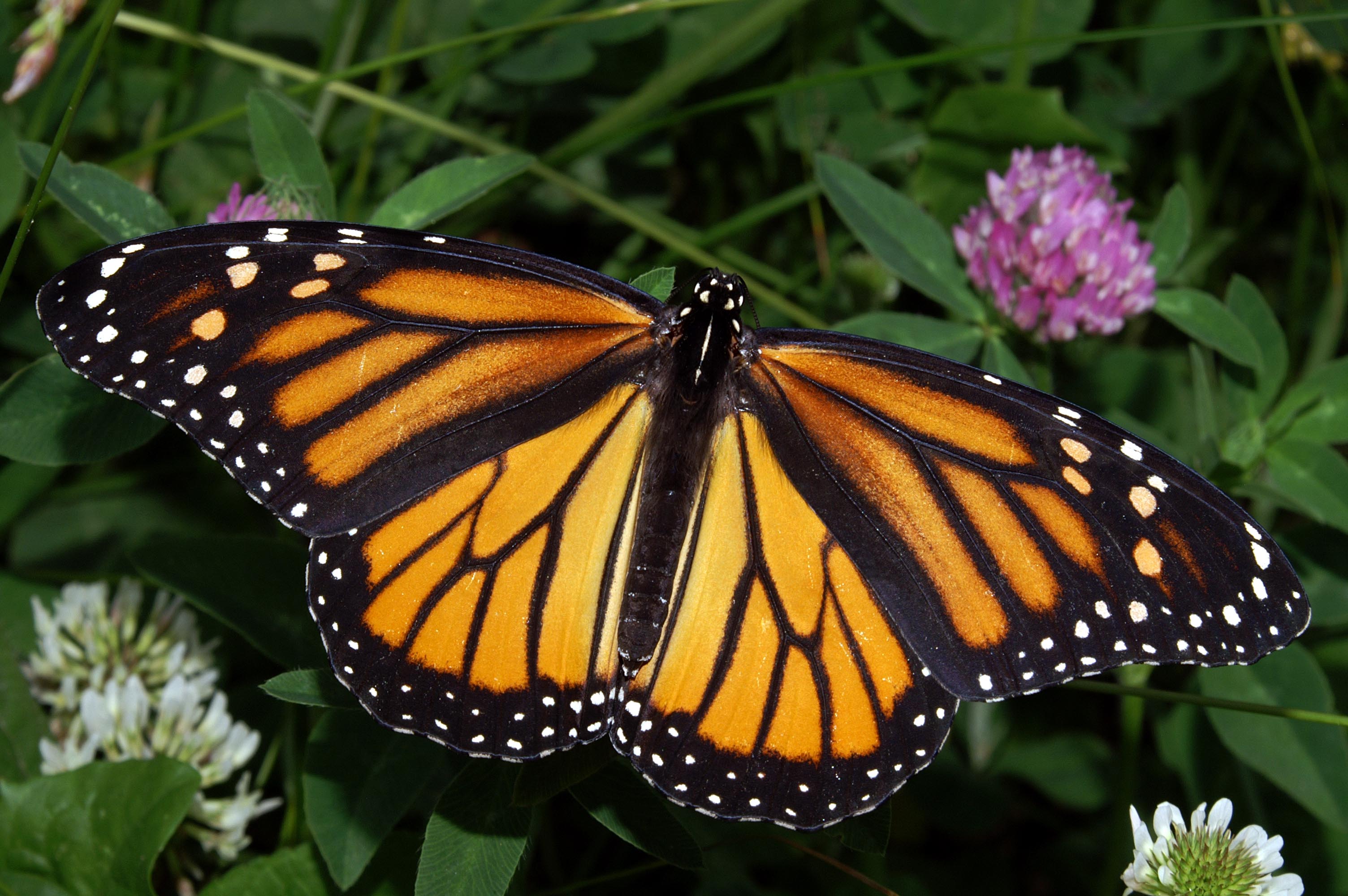
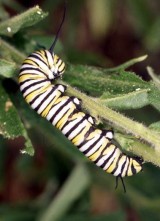
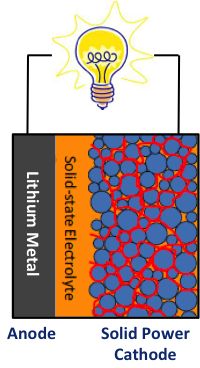
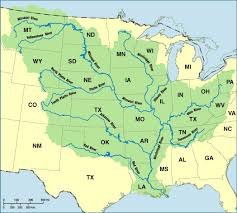

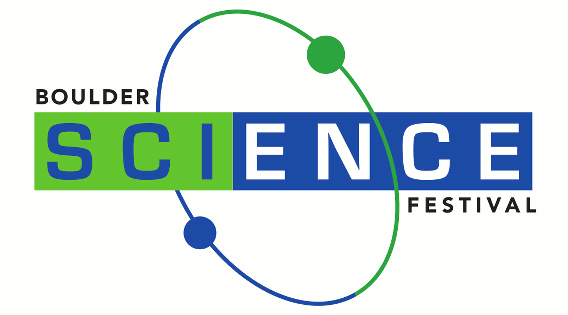
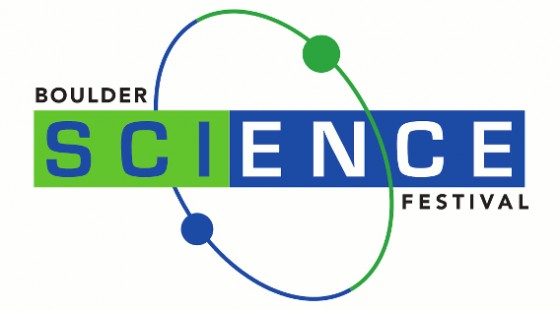

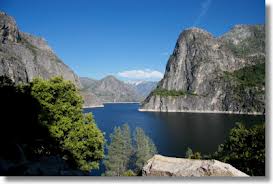
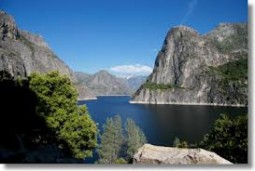
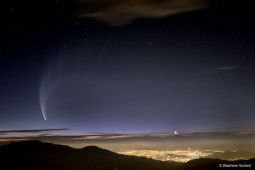 humans for millenia. Aristotle argued comets were hot, dry exhalations gathered in the atmosphere and occasionally burst into flame. Some people thought that comets replenished Earth’s air. Still others believed they were a source of disease. Scientists today study comets because some are thought to be relatively pristine leftover debris from the formation of the solar system. And studying what comets are made of can provide us a glimpse back to the beginning of the solar system 4 billion years ago.
humans for millenia. Aristotle argued comets were hot, dry exhalations gathered in the atmosphere and occasionally burst into flame. Some people thought that comets replenished Earth’s air. Still others believed they were a source of disease. Scientists today study comets because some are thought to be relatively pristine leftover debris from the formation of the solar system. And studying what comets are made of can provide us a glimpse back to the beginning of the solar system 4 billion years ago.